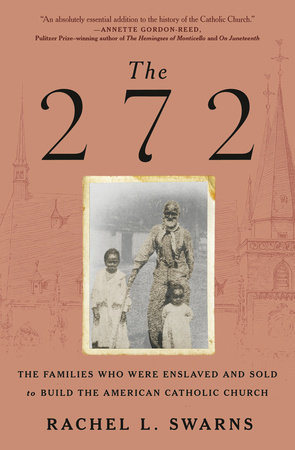It is a striking irony of history that the U.S. Supreme Court should have found affirmative action in college and university admissions unconstitutional just when U.S. institutions of higher education are beginning to reckon in earnest with their entanglements in the North American slave economy.
As the historian David Blight has remarked, "For so long, at many campuses, including my own, Yale, there have been silences in the books but not in the archives." Brown, Harvard, the University of Virginia, and Yale, among others, have commissioned studies to crack open the archives, finding that, as Justice Sonia Sotomayor put it in her dissenting opinion in Students for Fair Admissions v. Harvard, "Slavery and racial subordination were [from the start] integral parts of the institution's funding, intellectual production, and campus life."
Georgetown University's reckoning with its entanglements in slavery may be the best known case, thanks to a 2016 New York Times article by Rachel Swarns, then a reporter for the Times, now a contributing writer to it and a professor of journalism at New York University. Swarns' article and subsequent reporting brought national attention to the mass sale in 1838 of 272 men, women and children enslaved by the Jesuits in Maryland. The proceeds, ultimately around $4.5 million in today's dollars, shored up Georgetown's shaky finances and enabled the Jesuits to begin "transforming themselves," in Swarns' words, "from an order known as one of the largest slaveholders in Maryland to one that would become synonymous with Catholic education."
For example, the College of the Holy Cross was founded in 1843, under the name Worcester College. Its founding president was Thomas Mulledy, the former Georgetown president (1829-1838 and later 1845-1848) and Maryland provincial (1837-1840), who along with William McSherry (provincial 1833-1837, president of Georgetown 1838-1839) willed the mass sale to happen, despite the cries of Black people wrenched from family and over the strong objections of some fellow Jesuits. Two buildings on Georgetown's campus bore Mulledy's and McSherry's names until 2015.

No comments:
Post a Comment